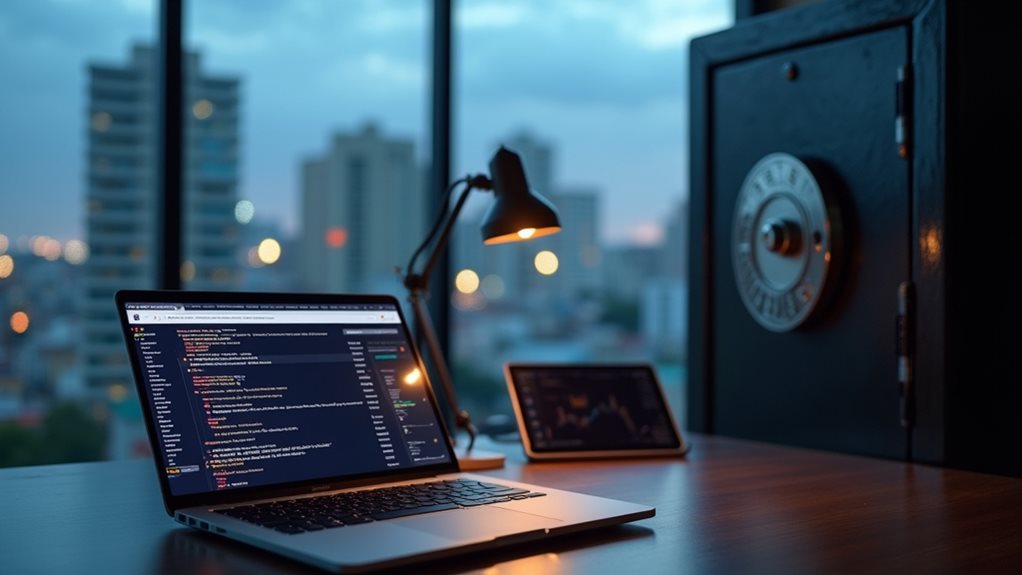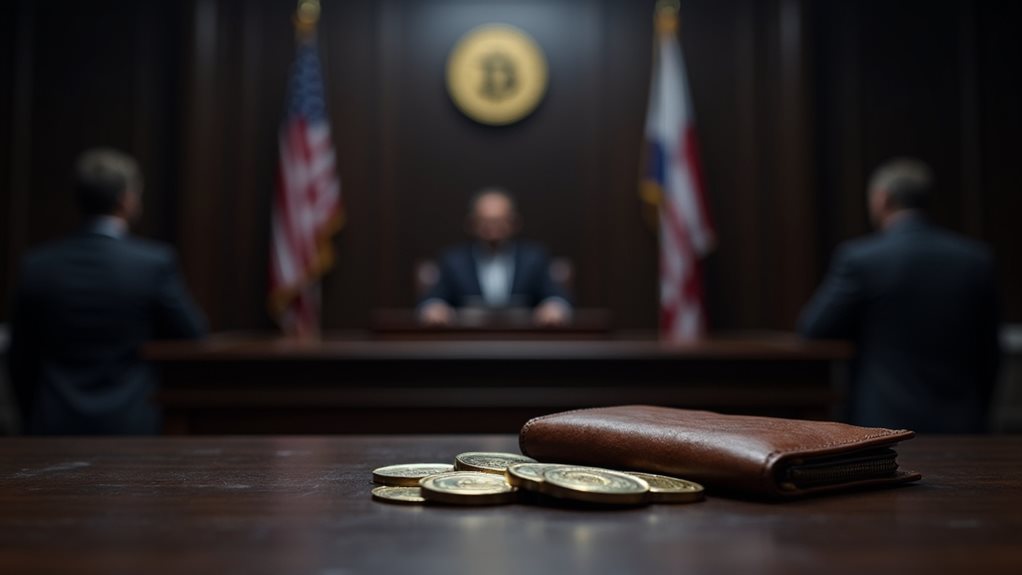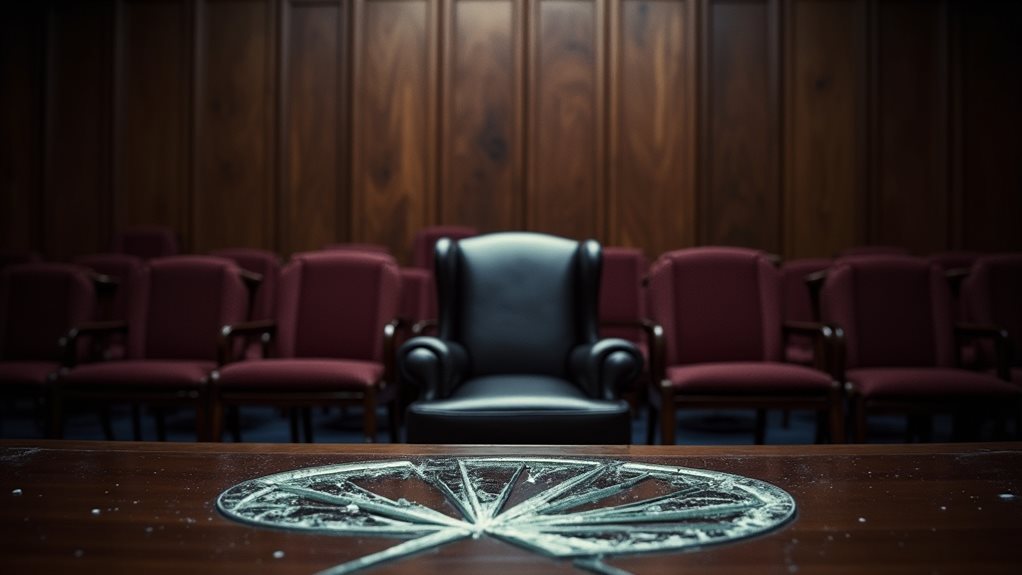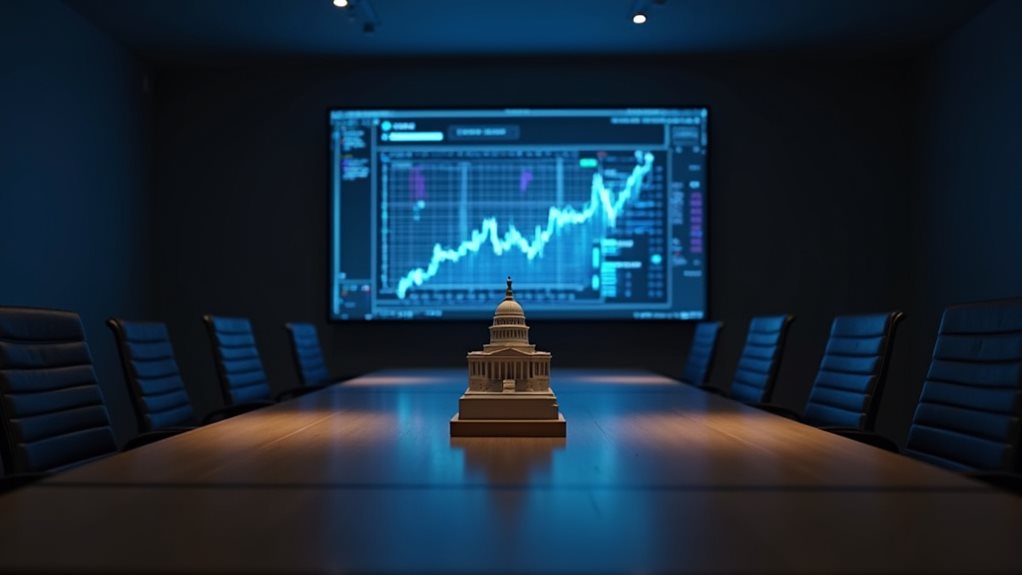A federal judge in Puerto Rico isn't messing around with crypto criminals. The court slapped a hefty $10,000 daily penalty on a defendant who refused to surrender his Bitcoin holdings. This ruling joins a growing trend of aggressive government action against digital asset crimes. With over $3.5 billion in crypto already seized by the IRS Criminal Investigation division, the feds are flexing their forensic muscles. The cryptocurrency crackdown is just warming up.

Courts are cracking down on crypto criminals, and their Bitcoin isn't safe anymore. In a groundbreaking case from Puerto Rico, a judge has ordered daily penalties of $10,000 against a defendant who's probably wishing he'd never heard of cryptocurrency right now. The ruling showcases how the government's getting serious about seizing ill-gotten digital gains.
Let's be real – the days of crypto being the Wild West are over. Thanks to modern forensic tools and blockchain tracking capabilities, law enforcement can follow those digital breadcrumbs right to the perpetrator's virtual doorstep. And they're not playing around. The government's building quite the collection of seized crypto assets, adding them to their Strategic Bitcoin Reserve. Who knew Uncle Sam was such a hodler? The IRS Criminal Investigation division alone has seized over $3.5 billion in cryptocurrency from various cases.
The legal framework for these forfeitures is pretty solid. Under U.S. asset forfeiture laws, particularly 18 U.S.C. § 983, the government just needs to prove by a preponderance of evidence that the assets came from criminal activity. And they're getting good at it. Really good. They've got international cooperation, subpoena power, and some seriously sophisticated tracking tools at their disposal. The Digital Asset Coordinators Network of 150 federal officials now coordinates these investigations nationwide.
Want to contest the forfeiture? Good luck. You'll need to file a verified claim and prove you're an "innocent owner." That's harder than it sounds, as one recent defendant found out when their defense got shot down faster than a bad altcoin in a bear market. With only 12% of Bitcoin currently held on exchanges, tracking illicit transactions has become increasingly precise. The burden of proof is on you, and the courts aren't exactly sympathetic these days.
This Puerto Rico case is just the latest in a string of major crypto forfeitures. Remember that Ohio guy who lost 712 Bitcoin? Or the massive $57 million seizure that made headlines? These aren't isolated incidents anymore – they're becoming the norm. The government's getting better at this game, and they're playing for keeps.
The message is clear: if you're thinking about using crypto for anything shady, think again. Those coins might end up in Uncle Sam's digital wallet, and no amount of private keys will get them back.









